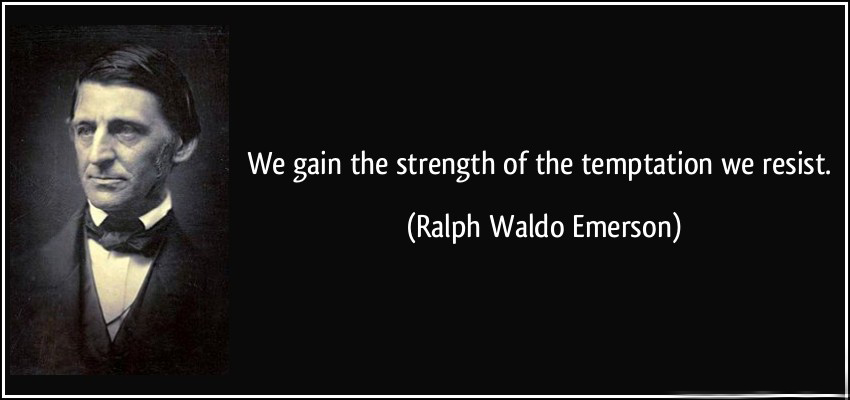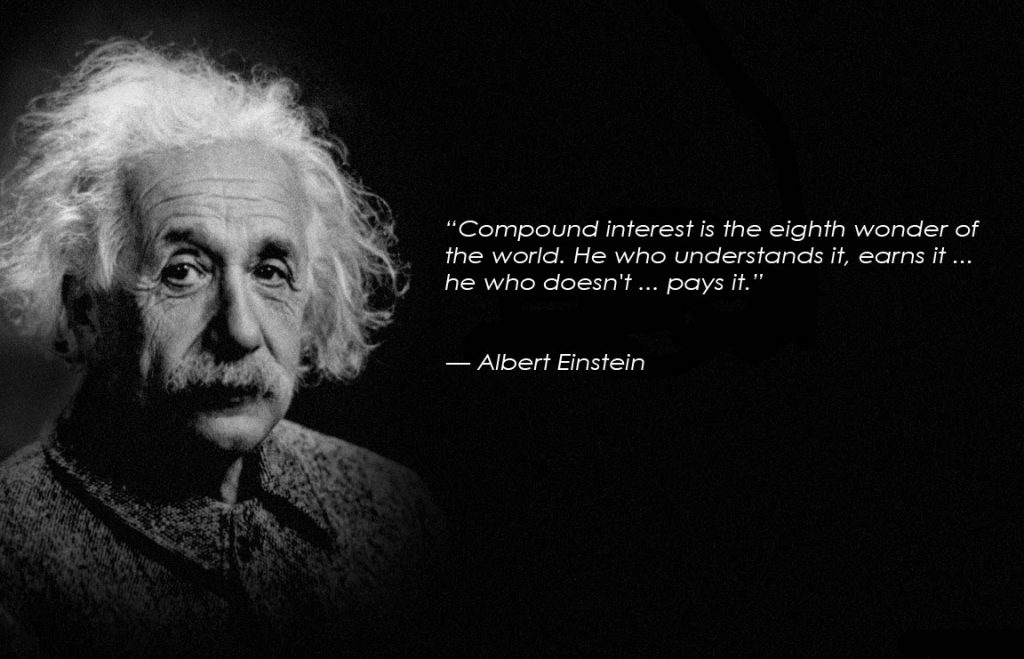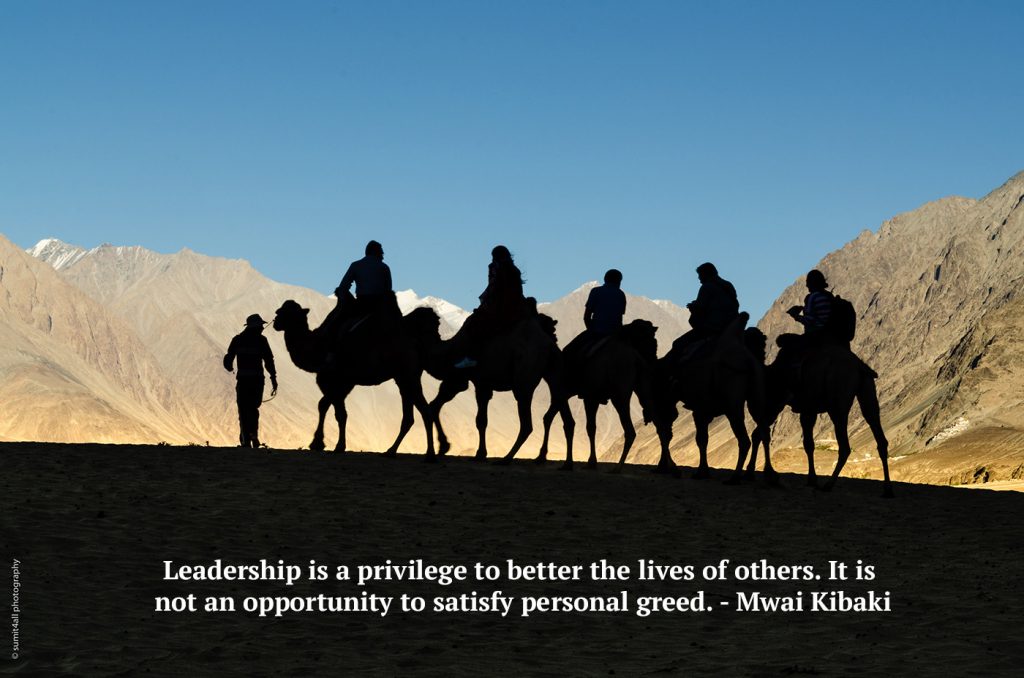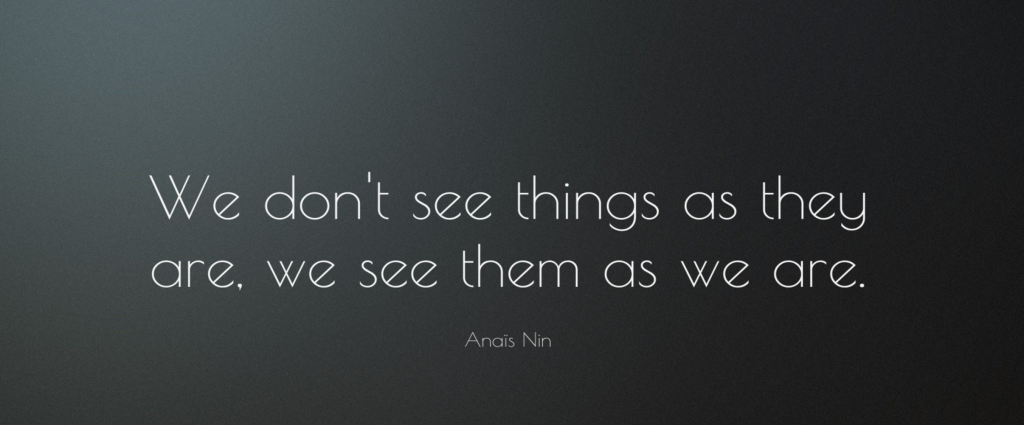Fresh out of college, when I started to work professionally as a 21 year old, I dived into work passionately and emotionally. Not only did I do great work during that year, I also had a lot of fun with my team, many of whom are still my good friends. I was emotionally attached to the work and the people around me, and I considered that a strength at that time.
Not soon after, I had my first performance appraisal along with my friends (colleagues). Very soon, things weren’t as simple and fun as words like bonus, promotions and salary increments entered the vocabulary. Emotions flared, arguments ensued, and I had a hard time dealing with my emotions. I gave into the temptation of reacting emotionally a few times and strained my relationships with some people.
After a few such incidents, I started to consider my emotions a weakness and shut myself down, creating personal and professional boundaries in the workplace. I am glad that phase didn’t last very long.
Today, after working for over 12 years in different companies and across continents, I consider emotions an integral part of the workplace, and they can be very powerful if we know what to do with them.
Below are a few of my observations about dealing with our emotions at work :-
Every Emotion Tells Us What We Care About
When I formed great friends during my first year at work, my emotions (of joy) were telling me I care about trust and honesty. Later when I was angry and felt being wronged, my emotions were telling me I cared about everyone being treated fairly and respectfully. And when that expectation was not met, it gave rise to the frustration and anger.
The more attention we pay to our emotions, the more aware we can be of what they are trying to tell us. We can then reflect upon and listen to what they are telling us, and then still act in a way which is consistent with our values and long term objectives.
Emotions Are Always Valid. The Stories Behind Them Might Not Be
There are no right and wrong emotions. There are no positive and negative emotions. Our emotions are always valid, and an inevitable part of being human. But we can examine the stories behind our emotions to separate the useful facts from false beliefs. Each emotion can tell us about something significant in our lives, but only if we are willing to examine the stories behind them objectively.
For example – I felt angry and frustrated once when I didn’t get an expected bonus. In this case I embraced the emotion without denial and examined the assessments behind it. I believed I had performed very well and shared the same with my manager. It was then that I got some feedback which made me aware of the gaps in my performance, and which I could improve upon. Thus I came to the realisation that while my emotion was valid, the story behind it lacked evidence and was not well grounded in facts.
My manager understood my concerns and it strengthened our relationship. He also promised me to deliver any such feedback earlier the next time. In the end, it prevented me from reacting impulsively and judging others, which would have not done any good for both me and my team.
I have learned that we can always witness our emotions as they arise instead of being sucked in their gravitational power and respond impulsively.
Emotions Need To Be Expressed. Without Explosion or Repression
According to Daniel Goleman, the capacity to subordinate immediate gratification to long term objectives is the most important psychological skill. All emotions lead to one or the other impulse to act, which often are harmful to us in the long term. At such moments, we need to take the driver’s seat and prevent our emotions from taking over. Emotions are very good messengers but very bad masters.
Just like tying a wild horse only infuriates him, repressing our emotions never works. When we do so, we end up suffering inside while putting up a brave face on the outside. By repressing, we are bound to explode sooner or later and it also results in stress which can end up impacting our health. Shouting at others (explosion), or sulking in silence (repression) never solves any problem. It often only makes it worse.
Emotional Intelligence involves expressing our emotions, without repression or explosion. If we can understand our emotions and the stories behind them as a third party observer, we can accept them fully without abdicating our responsibility to them. We can then choose to act according to our values – even in the face of failure and disappointment. We can’t always control our circumstances, but we can always act in ways congruent to our values.
“To increase your effectiveness, make your emotions subordinate to your commitments.” -Brian Koslow
Give Up Your Need to Be Right
The reason we are so tempted to react impulsively to an emotion is because it provides our ego instant gratification. When we shout and explode in anger, it makes us right and the other person wrong. Even if we know it is harmful to us in the long term, it gives us an immediate boost of righteousness. To handle our emotions well, we have to give up our need to be right all the time. We have to give up the temptation to “win” in every conversation and situation.
I feel that we do our best work when we are emotionally engaged. We are our most creative and productive selves when we feel emotionally safe and don’t have to put on a mask at work. However, if we don’t know how to handle our emotions and give in to impulsive responses, we can do more harm than good.
To sum it up :-
- When we are happy on a successful result, an impulsive reaction could be to over-promise in excitement. But a conscious expression of happiness would be to just celebrate and acknowledge the hard work.
- When we are sad on experiencing a loss, an impulsive reaction could be resignation and cynicism about the future. But a conscious expression of sadness would be to just grieve and acknowledge your loss.
- When we are scared and fearful, an impulsive reaction could be to shut down and seek protection. But a conscious expression of fear would be to take a step back, assess the situation properly and then act with courage.
- When we feel anger and frustration, an impulsive reaction could be to explode or repress our feelings. But a conscious expression of anger would be to make a complaint and sharing our concerns.
- When we feel guilt after a mistake, an impulsive reaction could be to beat ourself up and sulking in shame. But a conscious expression of guilt would be to make a sincere apology and repair the broken trust with a new promise for the future.









